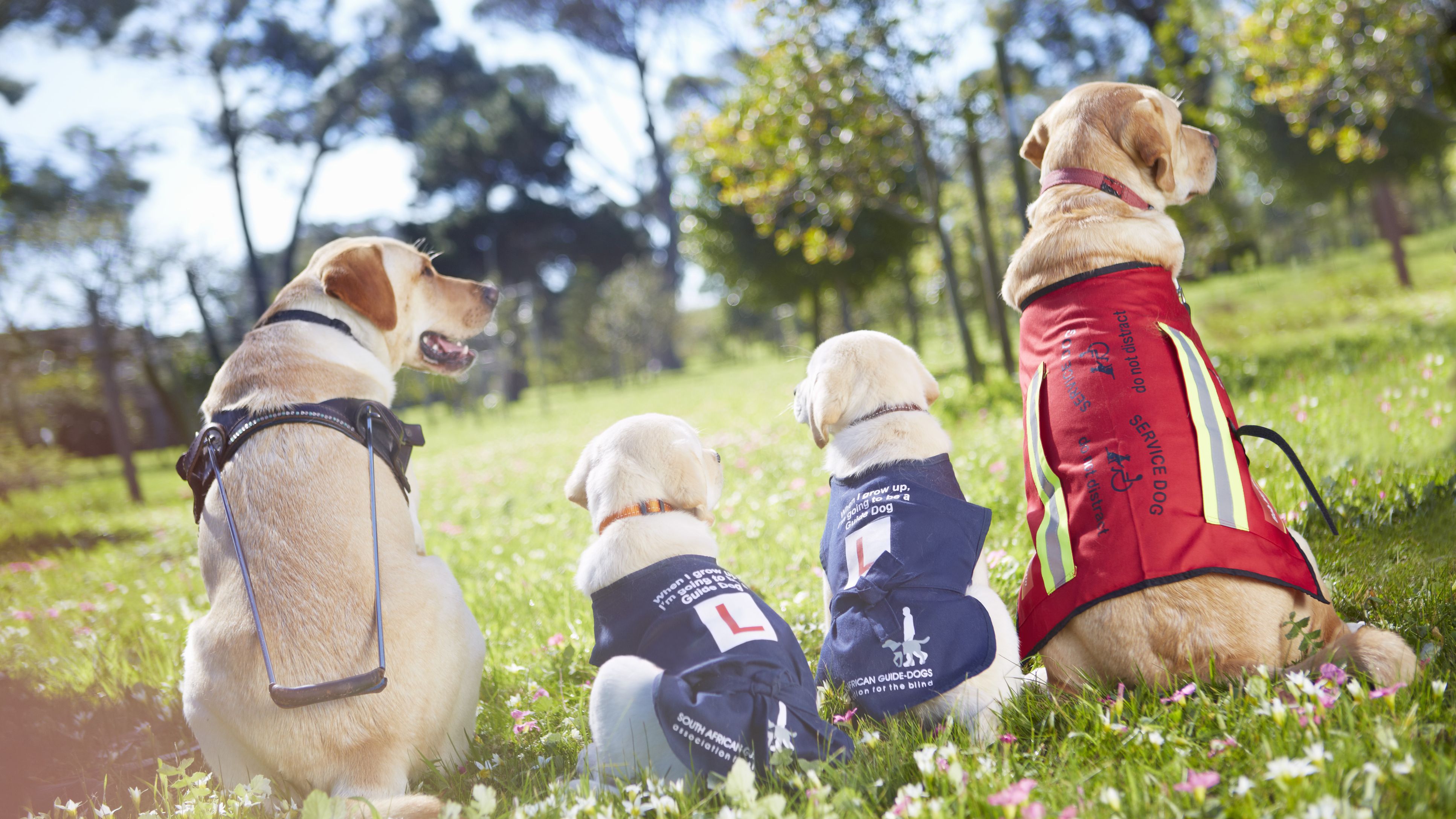Tips for Making Your Dog As A Service Dog
Aug 24, 2021

Dog is a part of our life. It's not only a companion, even become a member of family. Children love doggie too. It follows our commands, work with us. It walk around you, runs or jump when you feel happy; it's a best companion when you're in tough time. You could tell any secret to it since it keeps every secret forever. You can't leave it alone for a minute. Train it to a service dog, and then you can bring it to everywhere.
According to the Americans with Disabilities Act (ADA), a service animal is defined as a dog that has been individually trained to do work or perform tasks for an individual with a disability. The task(s) performed by the dog must be directly related to the person's disability.
Service dogs have full public access rights, which means they can go places where other animals aren’t allowed. This includes restaurants, libraries, and public transportation.
People with disabilities have the right to train the dog themselves and are not required to use a professional service dog training program.
There are many types of service dogs, here are just a few types of service dog:
Autism service dogs are specially trained to assist people with autism by helping them gain independence and perform daily tasks. These courageous service dogs go through rigorous training in much the same way as guide dogs until they're ready to carry out their important role.
Hearing dogs are selected and trained to assist people who are deaf or hard of hearing. They act as the ears of their handler, alerting them to important sounds like smoke alarms, doorbells, alarm clocks, and ringing phones.
For people with Diabetes, diabetic alert dogs provide a vital lifeline. Their amazing noses help them to detect changes in blood glucose levels in saliva and alert their handlers to dangerously high or low blood sugar levels.
Seizure response dogs, also known as SRDs, assist during or immediately after their handler has a seizure. These service dogs are indispensable for people with epilepsy or those who are prone to other types of seizures.
Assistance dogs who lead visually impaired and blind people around obstacles are one of the most commonly known types of service dogs.
With the rise in food allergies has come another type of medical service dog. Allergy detection dogs are trained to sniff out and alert to the odor of things such as peanuts or gluten. Often partnered with children, allergy detection dogs can be trained to alert to allergy-inducing smells at school. Allergy detection dogs provide kids with a greater sense of independence and giving their parents a greater sense of security.
These types of service dogs can perform a wide range of tasks for people with a wide range of mobility issues. According to Service Dogs of America, mobility assistance dogs can bring objects to people, press buttons on automatic doors, serve as a brace for people who are ambulatory or even help pull a wheelchair up a ramp. These dogs help people increase their independence and confidence.
Post-traumatic stress disorder (PTSD) is an anxiety disorder that can affect people who have been through a traumatic event. A specially trained PTSD dog can help its handler remain calm and deal with difficult emotional states. PTSD dogs can also interrupt destructive behavior and even remind their handlers to take medication.
Three steps to register a service dog: